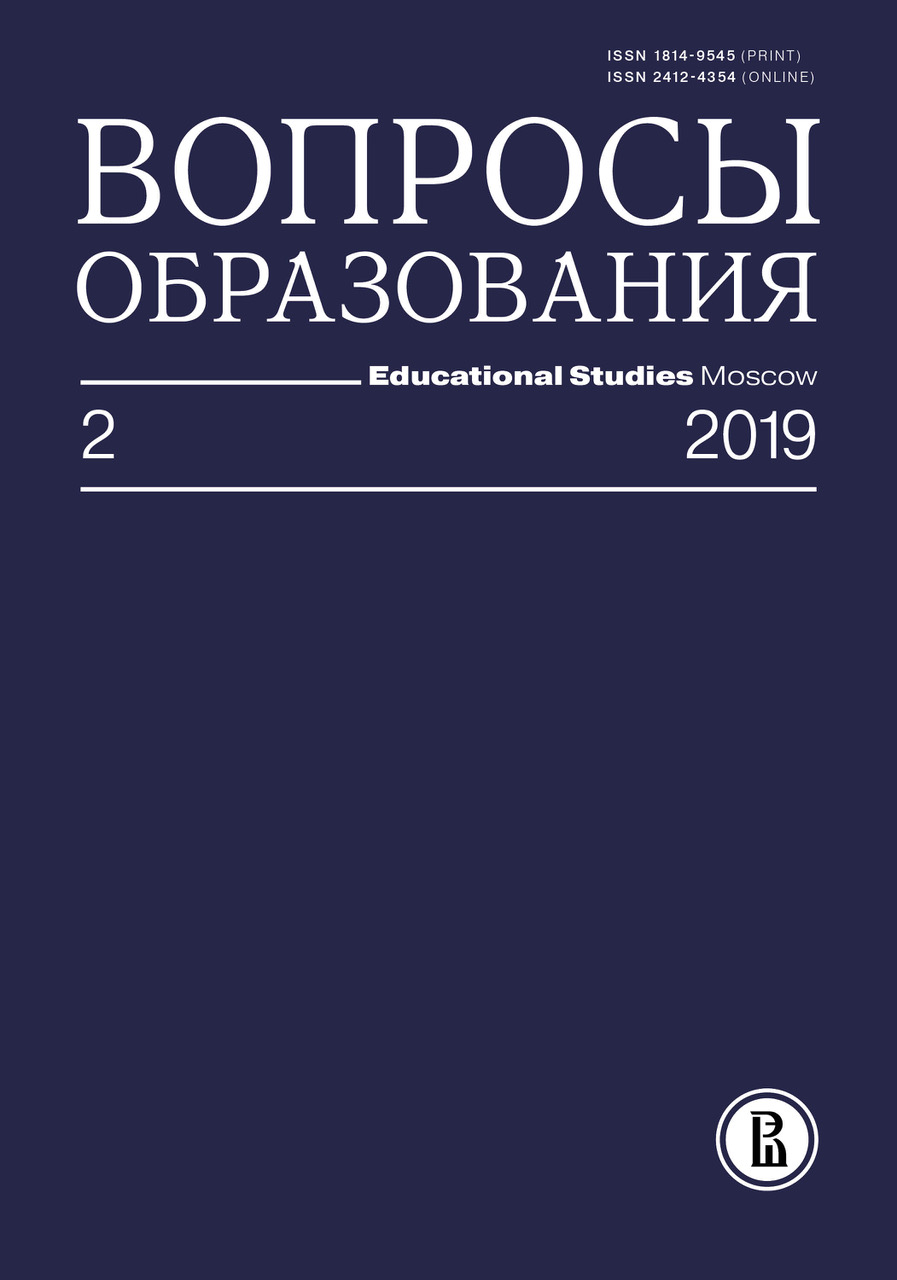Как обучать детей мигрантов — вместе или раздельно? Опыт педагогов Свердловской области
Аннотация
Школа как социальный институт реагирует на рост культурного разнообразия принимающего сообщества и в то же время стабилизирует его через воспроизводство определенной социокультурной идентичности, характерной как для региона, так и для страны в целом.
Проведен опрос 160 педагогов, работающих в сфере общего образования Свердловской области с целью выявить их мнения о совместном с детьми местного сообщества или раздельном обучении детей мигрантов, проанализировать проблемы совместного и раздельного обучения детей мигрантов, рассмотреть возможные меры поддержки представителей педагогического сообщества в связи с появлением указанной категории обучающихся.
Единого мнения в отношении предпочтительной организации обучения детей мигрантов в педагогическом сообществе нет. Около трети опрошенных считают необходимым раздельное обучение таких детей по причине незнания ими языка преподавания (русского). При этом 41% учителей отмечают, что совместное обучение позволяет детям быстрее адаптироваться и включаться в образовательный процесс. Педагоги, непосредственно взаимодействующие с детьми мигрантов в образовательных учреждениях, перечисляют ряд проблем и сложностей, связанных с появлением указанной категории обучающихся: слабая подготовленность детей к освоению учебной программы, в том числе плохое знание русского языка; случаи обострения отношений между детьми с разным миграционным опытом; конфликты между родителями детей мигрантов и родителями детей местного сообщества; трудности налаживания отношений педагогов с родителями детей мигрантов; недостаточно отрегулированный правовой статус мигрантов; непонимание, вызванное различиями в традициях, воспитании и культурных нормах, регулирующих поведение. По мнению большинства респондентов, активность государства как субъекта образовательной политики должна заключаться в том, чтобы развивать профессиональные компетенции педагогов (76%). Более половины опрошенных считают необходимым дополнительное финансирование обучения детей мигрантов и введение доплат учителям, работающим с указанной категорией обучающихся.








